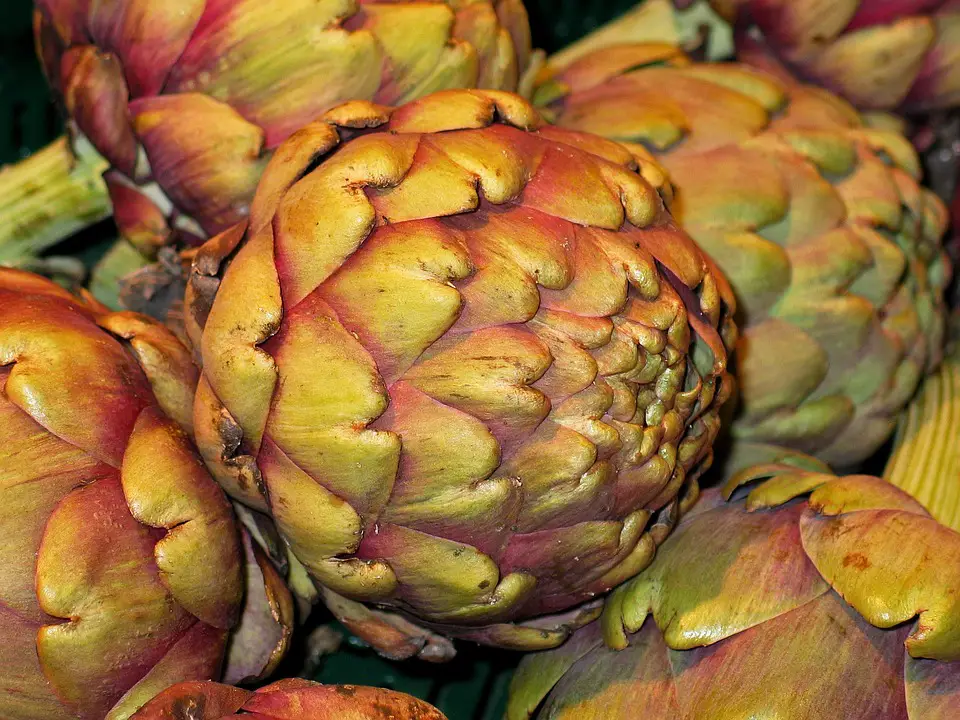Introduction
Gardening has always been a beloved hobby, but it offers so much more than just beautiful flowers and lush greenery. One of the most rewarding aspects of tending to your garden is the ability to grow your own food. Edible gardening allows you to have a natural pantry right at your fingertips, filled with delicious and nutritious fruits, vegetables, and herbs. In this article, we will delve into the magic of edible gardening, discussing the benefits, tips, and tricks to help you create your own bountiful garden oasis.
The Benefits of Edible Gardening
There are numerous benefits to growing your own food. Firstly, it provides you with access to fresh, organic produce. You have control over what goes into your plants, ensuring that no harmful chemicals are used. This helps you to eat healthier and avoid consuming pesticides and other harmful substances.
Another advantage of edible gardening is the cost-saving aspect. By growing your own food, you can significantly reduce your grocery bills. Seeds and plants are relatively inexpensive, especially compared to the rising prices of fresh produce at grocery stores.
Furthermore, edible gardening promotes sustainability and environmental responsibility. Growing your own food reduces the carbon footprint associated with long-distance transportation and the excessive packaging often found in store-bought produce. Additionally, it helps to increase biodiversity in your garden, attracting beneficial insects and pollinators.
Finally, edible gardening provides a rewarding and therapeutic experience. The hands-on nature of tending to your plants, watching them grow and flourish, brings a sense of accomplishment and fulfillment. It can also be a stress-relieving activity, allowing you to escape the challenges of daily life and connect with nature.
Tips for Edible Gardening Success
To ensure a successful edible garden, here are some tips to keep in mind:
- Choose the right location: Select an area in your garden that receives adequate sunlight and has well-drained soil.
- Plan your space: Consider the size and layout of your garden. Make sure to allow sufficient space for each plant to grow without overcrowding.
- Select the right plants: Research which fruits, vegetables, and herbs thrive in your climate. Choose plants that suit your taste preferences and gardening experience.
- Provide proper care: Regularly water your plants, maintain the soil moisture, and fertilize as needed. Keep an eye out for pests and diseases and take appropriate measures to protect your plants.
- Harvest at the right time: Learn about the ideal time to harvest each plant. Harvesting at the peak of ripeness ensures the best flavor and nutritional value.
Exploring Different Edible Plant Options
When it comes to edible gardening, the options are endless. Here are some popular choices to consider for your garden:
- Tomatoes: A staple in many gardens, tomatoes come in a variety of sizes and flavors. They are versatile and can be used in salads, sauces, and more.
- Herbs: Basil, mint, rosemary, and thyme are just a few examples of commonly grown herbs. They not only add flavor to your culinary creations but also provide numerous health benefits.
- Leafy Greens: Lettuce, spinach, kale, and Swiss chard are nutrient-rich greens that can be harvested throughout the growing season.
- Root Vegetables: Carrots, radishes, and beets are popular root vegetables that are relatively easy to grow and add variety to your diet.
- Berries: Strawberries, blueberries, and raspberries are delicious and packed with antioxidants. They can be grown in containers or directly in the ground.
FAQs
Q: How much time does edible gardening require?
A: The time commitment for edible gardening varies depending on the size of your garden, the number of plants, and the level of care required for each plant. Generally, you should expect to spend a few hours each week maintaining your garden.
Q: Can I grow edible plants in pots or containers?
A: Absolutely! Many edible plants can be grown successfully in pots or containers, making them suitable for those with limited space or no available garden area.
Q: What if I have limited gardening experience?
A: Edible gardening is a great way to start your gardening journey. Begin with easy-to-grow plants and gradually expand your knowledge and skills. There are plenty of resources, such as books and online guides, to assist you along the way.
Q: How long does it take for plants to bear fruit?
A: The time it takes for plants to bear fruit depends on the specific plant type. Some plants, like lettuce and herbs, can be harvested within a few weeks, while others may take several months. It is important to research each plant’s growth timeline to manage your expectations.




